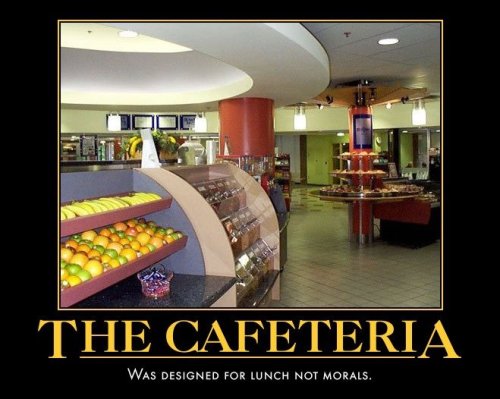Loading...
I know, I know. Shame on me for ordering my doctrine off the a la carte menu when the prix fixe would buy me so much more salvation, right? If only my conscience weren't so lax, my lifestyle so self-serving, and my spiritual practice so undisciplined. If only I weren't so lazy, ignorant and uneducated about my religion, I might understand the benefits I'm missing when I refuse to order the items that stick in my throat.
But I just can't get there.Always lay the groundwork. She starts with the presumption of salvation. She says "more salvation" which is incoherent. But she knows people will jump to "saved regardless." That is not what the church teaches. The fact is you can lose your soul by doing this. The fact that she dismisses that concern is even more troubling.
Then she frames the conflict not as a theological discussion but a personal attack. That is common. If you try and argue theology it is likely people will notice your position makes no sense. If you imply some phantom Catholic is calling you lax, self-serving and undisciplined then people are likely to be sympathetic. Don't both with actually quoting someone because prominent Catholics don't actually actually call anyone lax, self-serving and undisciplined so quotes are hard to find. Just count on people's prejudice to get their heads nodding when you talk about all those judgmental concervative Catholics.




